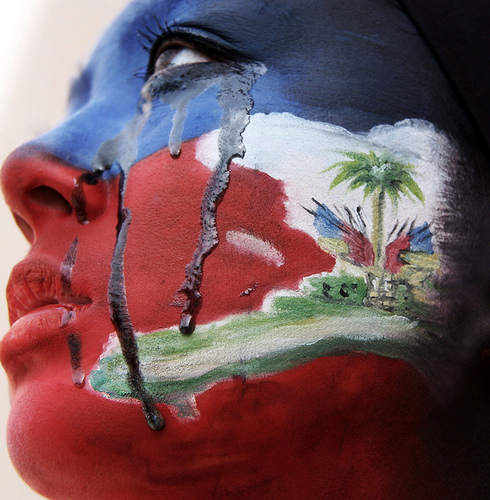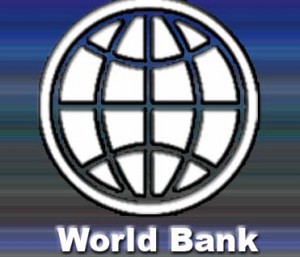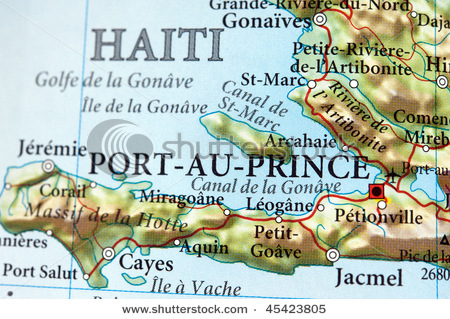USAID Launches Three Year Project to Support Clean Cooking Solutions
 The U.S. Agency for International Development (USAID) announced this week that it is providing seven million dollars to Chemonics for a three year project to promote the use of Liquefied Petroleum Gas (LPG) and improve access to improved cook-stoves. Haiti's dependence on wood-based fuels for cooking has negatively affected the environment, agriculture, and health. If combined with economic development and national reforestation efforts, projects like this could help slow environmental degradation in Haiti.
The U.S. Agency for International Development (USAID) announced this week that it is providing seven million dollars to Chemonics for a three year project to promote the use of Liquefied Petroleum Gas (LPG) and improve access to improved cook-stoves. Haiti's dependence on wood-based fuels for cooking has negatively affected the environment, agriculture, and health. If combined with economic development and national reforestation efforts, projects like this could help slow environmental degradation in Haiti.








